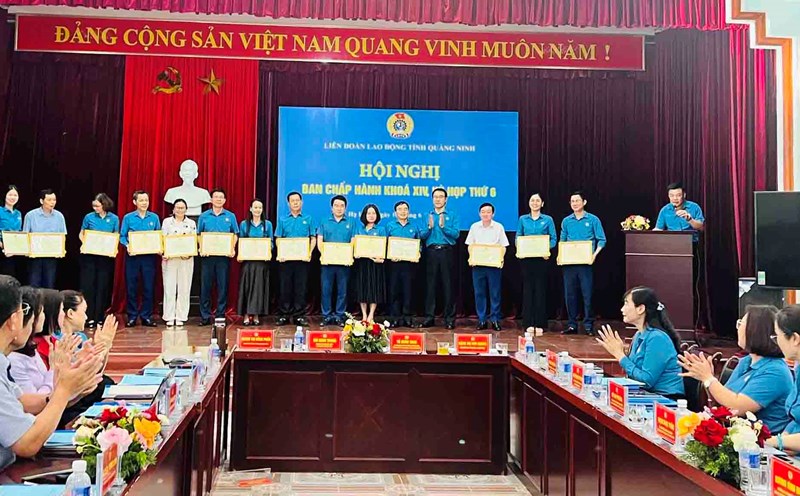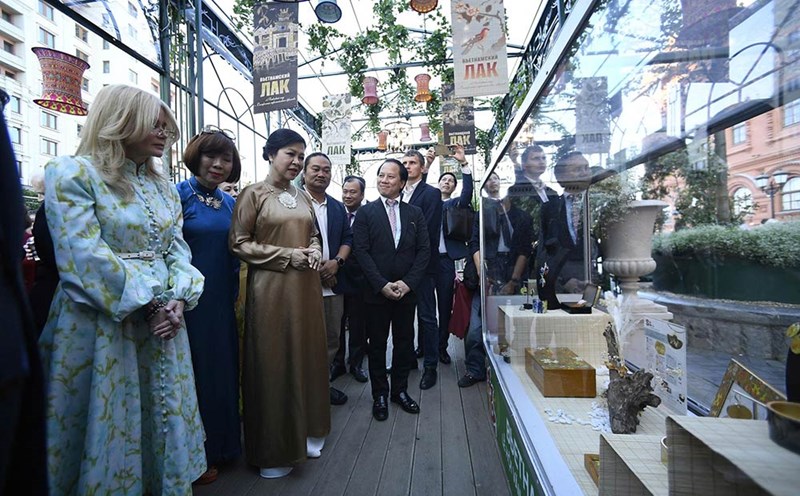According to the provisions of the 2019 Labor Code, when an individual labor dispute arises, employees or employers cannot request the Court to intervene immediately.
Instead, it is necessary to comply with the mandatory order of through mediation procedures performed by labor mediators.
Clause 1, Article 188 of the 2019 Labor Code stipulates: Personal labor disputes must be mediated through a labor conciliator before being resolved by an arbitration panel or Court.
However, there are some special cases where mediation is not required, including:
- Dispute related to dismissal, unilateral termination of labor contract.
- Dispute over compensation for damages and benefits when contract termination.
- Controversy between a domestic helper and an employer.
- Disputes over social insurance, health insurance, unemployment insurance, occupational accidents and occupational diseases.
- Dispute over compensation between employees and enterprises sending employees abroad under contracts.
- Controversy between the lessee and the lessor.
For disputes that must be mediated, the labor mediator must have a maximum of 5 working days from the date of receipt of the petition to conduct and end the mediation process.
At the mediation session, the presence of both sides is a mandatory requirement. In case the participants cannot attend in person, the parties can authorize a legal representative to participate.
Conciliation procedures not only help the parties resolve conflicts peacefully but are also a mandatory condition for the Court to consider handling the case in most personal labor disputes.
Therefore, a clear understanding of this regulation is necessary to ensure the legitimate rights of employees and employers during the dispute handling process.










